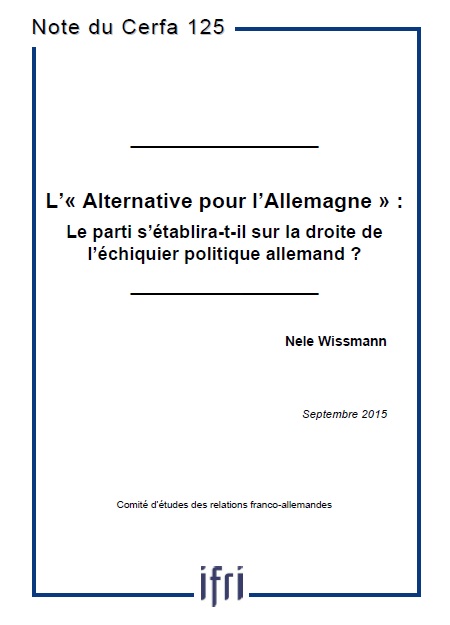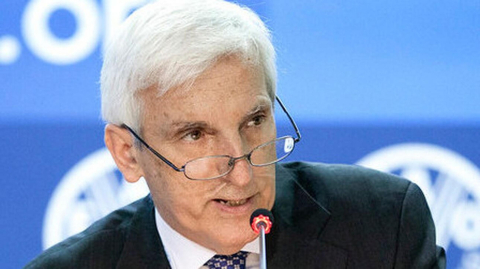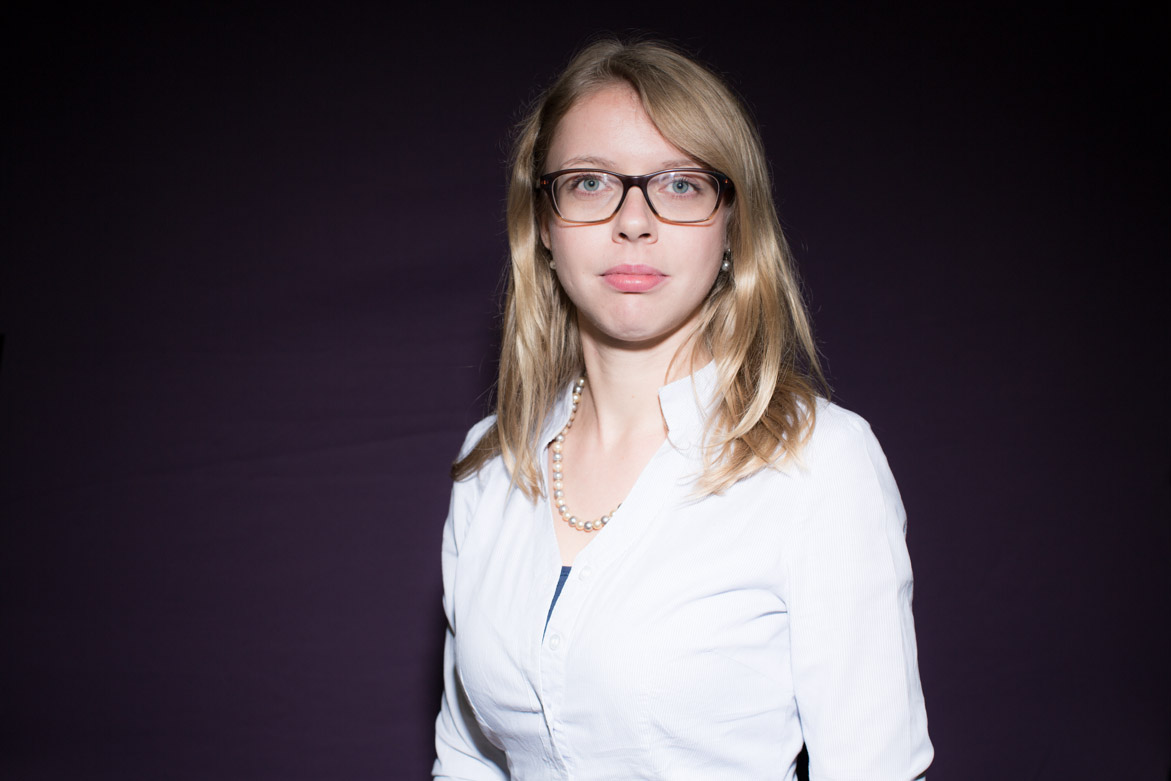Will the party “Alternative for Germany" be able to establish itself on the German political landscape?

Only a few months after it had been founded, the Alternative for Germany party (AfD) won 4.7% of the second votes in the federal elections, on 22 September 2013 – only 130,000 short of what was required for entry into the German Bundestag. Party and election researcher Oskar Niedermayer called it a "successful failure".
In fact, the anti-euro party mobilized voters much faster than any other new party at the federal level has done previously. While party researchers forecasted that the “single-issue party” would only briefly be part of the German party system, in the European elections of 2014 the AfD achieved more than a succes d'estime, winning 7% of the votes.
Infighting between the party’s liberal-conservative and national-conservative wings led to the former, more moderate wing splitting off, and forming a new party, the Alliance for Progress and Renewal (Alfa).
The AfD, which has been turning increasingly into a “multi-issue party” with a (right-wing) populist profile, is getting 5% support according to recent opinion polls. This must certainly be seen in the context of the ongoing refugee crisis. Whether the party will beat the 5% threshold needed to enter the Bundestag in 2017 yet remains to be seen. It is nevertheless clear that there is room for an “antiestablishment party" on the right wing of the political spectrum in Germany.
This paper is published in French – L’« Alternative pour l’Allemagne » : Le parti s’établira-t-il sur la droite de l’échiquier politique allemand ?
It is also published in German – Die „Alternative für Deutschland“: Gekommen, um zu bleiben?
Related centers and programs
Discover our other research centers and programsFind out more
Discover all our analyses
Securing critical raw material (CRM) value chains – a prerequisite for Europe’s technological resilience
At the heart of economic security, technological resilience is a backbone of the European Union’s (EU) competitiveness. The EU’s energy and digital transitions depend on critical raw materials (CRM).

Reconciling competitiveness and demographic change: a Franco-German imperative
France and Germany are facing parallel demographic shifts that could reshape the future of their economies and their social models. These shifts reflect broader European patterns but are magnified by the central role both nations play in EU governance and competitiveness.
Taking the Pulse: Does France's Political Crisis Weaken Europe's Geopolitical Hand?
While the EU tries to navigate a myriad international challenges, France is experiencing historic political disarray. What impact will instability in Paris have on Europe's geostrategic capacity?
Imaginary and Reality of the Franco-German border: a Laboratory for Europe of tomorrow
In Europe, the question of borders is a central issue. According to the European Parliament, border regions cover around 40% of the European Union (EU) territory, concentrate 30% of its population and produce nearly a third of its gross domestic product.














